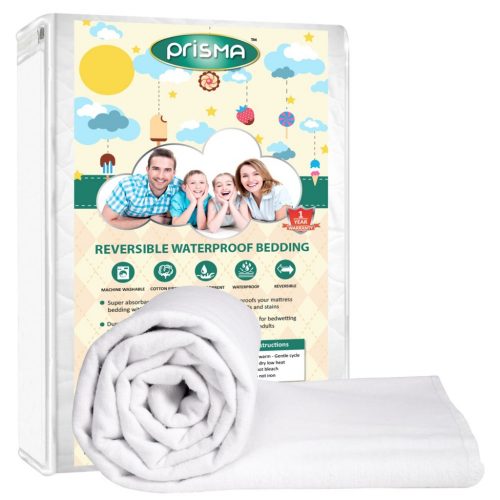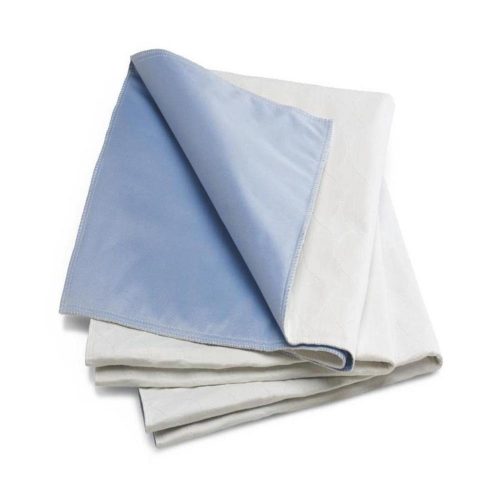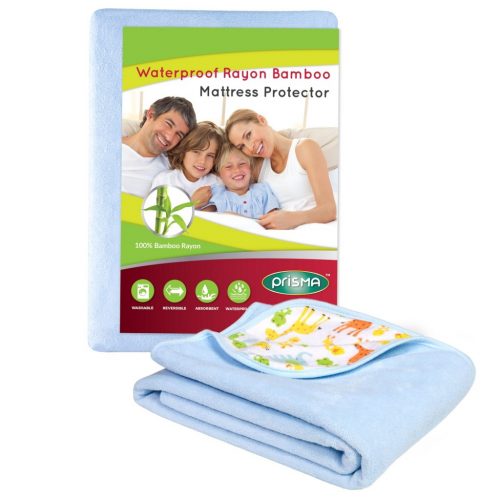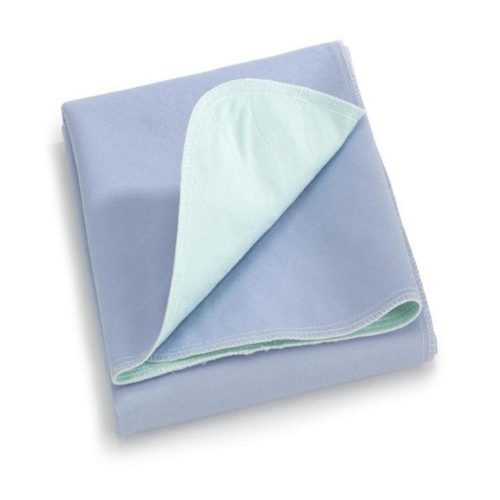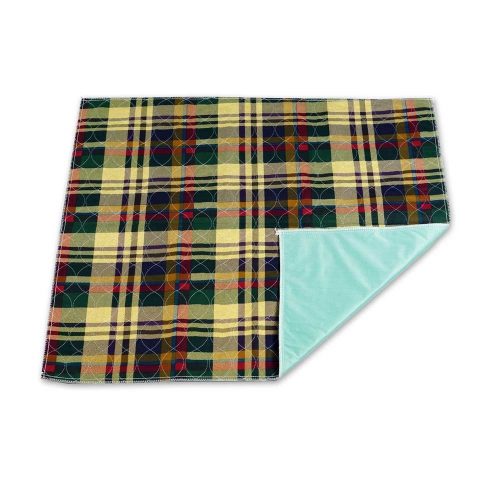Nocturnal Enuresis
Nocturnal enuresis is defined as the involuntary urination during sleep without any inherent suggestion of frequency of bedwetting after the age at which bladder control usually occurs. It is considered very normal for a child up to the age of 5 years, and is common up to the age of 10 years. Children with nocturnal enuresis may have excessive nocturnal urine production, poor sleep arousal or reduced bladder capacity. Children with nocturnal enuresis may also have daytime urinary urgency too.
Types of Nocturnal Enuresis
Primary nocturnal enuresis – is a condition which starts during childhood, where night time dryness has not been achieved for longer than six months by a child aged 5 years or older (typically these children have no accidents during the day time)
Secondary nocturnal enuresis– is the involuntary passage of urine during sleep by a child who has previously been dry for at least six months. Mostly, this type of bedwetting is related to a stressful event (e.g. birth of a sibling, parent divorce, etc.). Eating disorders and some medicines can cause secondary bedwetting.
Nocturnal Enuresis Facts
- About 8-20% of 5-year-olds, 2-10% of 10-year-olds and 0.5-2% of adults are affected with nocturnal enuresis.
- More common in boys than girls and is More likely to persist if bedwetting is frequent.
- More common in obese children who delay in gaining daytime bladder control.
- Family history. when both parents were enuretic as children, their offspring had a 77 percent risk of having nocturnal enuresis.
- Associated with sleep apnea and upper airway obstructive symptoms.
- Due to Constipation when the bowel is full, it can put pressure on the bladder which causes bed wetting.
- Some experts believe that stressful environment for a child can be associated with nocturnal enuresis.
- Some children’s bodies don’t make enough ADH, (A hormone called antidiuretic hormone that causes the body to produce less urine at night) which means their bodies may produce too much urine while they’re sleeping.
Complications from Nocturnal Enuresis
- Bedwetting can be very distressing for many children, especially for older children. It may lead to social isolation, bullying and low self-esteem.
- Children avoid social events or school trips that makes them feel isolated.
- An adult with nocturnal enuresis, normally faces severe psychosocial problems affecting self-esteem, careers, social life and personal relationships. It is unpleasant to sleep with a bedwetter.
- Parents have to deal with extra work and cost of extra laundry along with the additional stress of caring for a child with enuresis.
- Due to nocturnal enuresis, the child may be punished and subject to maltreatment.
Nocturnal Enuresis Treatment Tips
- Perhaps the first sensible thing to do is to talk to your family doctor. Don’t worry about feeling too embarrassed to talk about nocturnal enuresis. They’ve heard it all before and you’ll find that they will be able to put your mind at ease. Doctors can do several things to treat bedwetting, depending on what’s causing it as parents can try several behavioral approaches can be used for nocturnal enuresis treatment.
- Keep chart of what you eat and drink before bed. Decrease the amount of fluids in take before going to bed.
- You can reduce the chances that you’ll wet the bed by going to the toilet just before bedtime.
- Avoid eating certain foods in the evening that can irritate the bladder include coffee, tea, chocolate, and sodas or other carbonated beverages containing caffeine.
- Using a technique called positive imagery, where you think about waking up dry before you go to sleep, can help some people treat nocturnal enuresis.
- More children become dry when rewarded, this supportive approach is very important for installing confidence in children. Punishment has no role to play in this case.
Enuresis Alarms
Enuresis alarm are the first-line of treatment for nocturnal enuresis and is the most effective long-term strategy. Doctors and nurses do prescribe bedwetting alarms to treat children, teen and adults with nocturnal enuresis. The concept of using an alarm that emits a sound when a child wets the bed was first introduced in 1938.The Enuresis alarm has been the most effective treatment for nocturnal enuresis and have higher success rate and a lower relapse rate. With these alarms, a bell or buzzer goes off when a person begins to wet the bed. Then, you can quickly turn the alarm off, go to the toilet, and go back to sleep without wetting the bed too much. Eventually, you can train yourself to get up before the alarm goes off or to hold your urine until morning. It can take up to 14-20 weeks for the body to learn something it’s been doing for years.
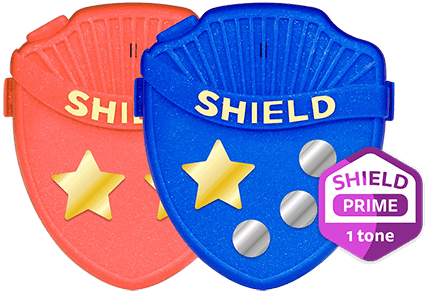
SHIELD PRIME BEDWETTING ALARM
Shield Prime bedwetting alarm is a compact and discreet alarm with powerful built in technology. The single tone alarm comes in two metallic colors – Royal Blue and Red. Each is engineered to stop bedwetting in children ages 5 and up and teenagers who wet the bed at night.
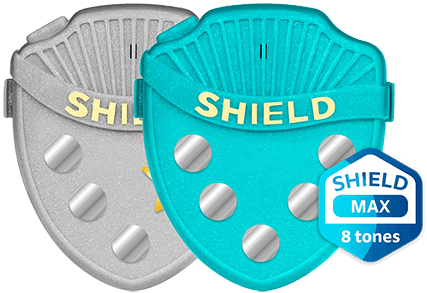
SHIELD MAX BEDWETTING ALARM
Shield Max bedwetting alarm is highly recommended at One Stop Bedwetting. It comes in two metallic colors – Teal and Silver and is powered by 8 loud alert tones, a bright light and strong vibrations. Shield alarms offer ideal treatment for bedwetting children ages 5 plus and teens.
Get A Waterproof Mattress Pad
We recommend adding waterproof mattress pad to your alarm selection. Waterproof Mattress pad will protect your bed from stains and make clean up easier. Changes of waterproof mattress pad should be kept near the bed so no more disturbance in the night. The parents may need to help the child wake to the alarm and should supervise the changing of bed pad so they should go back to dry bed.

